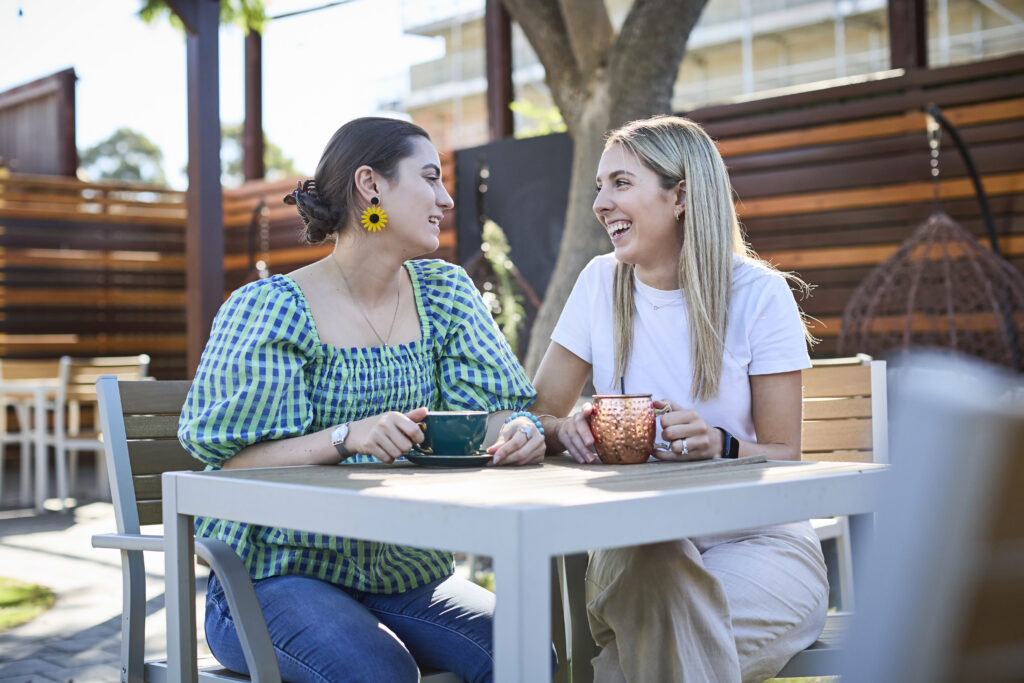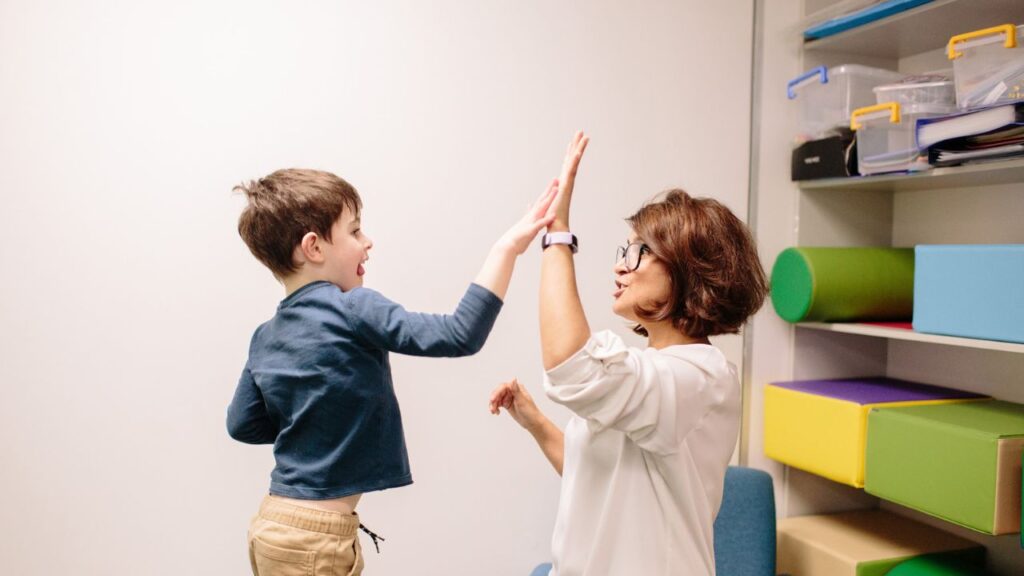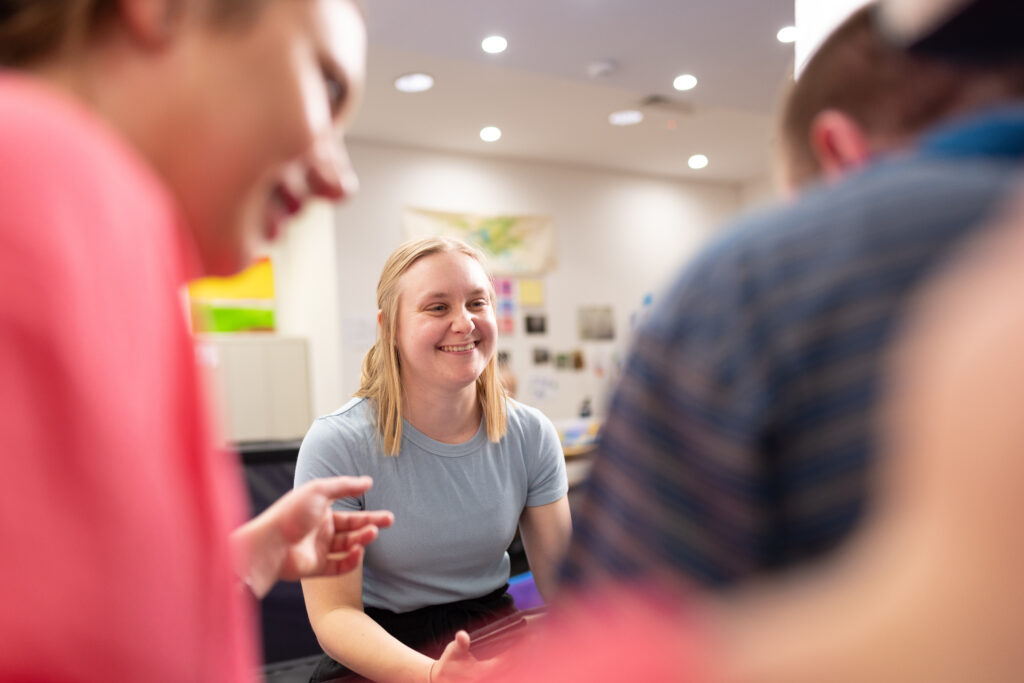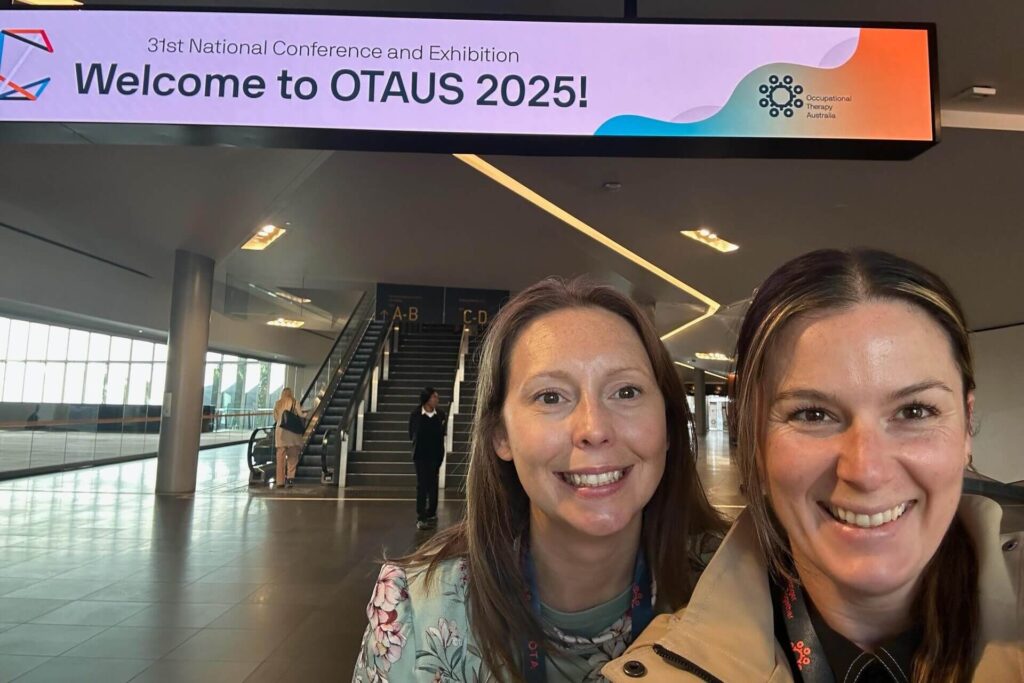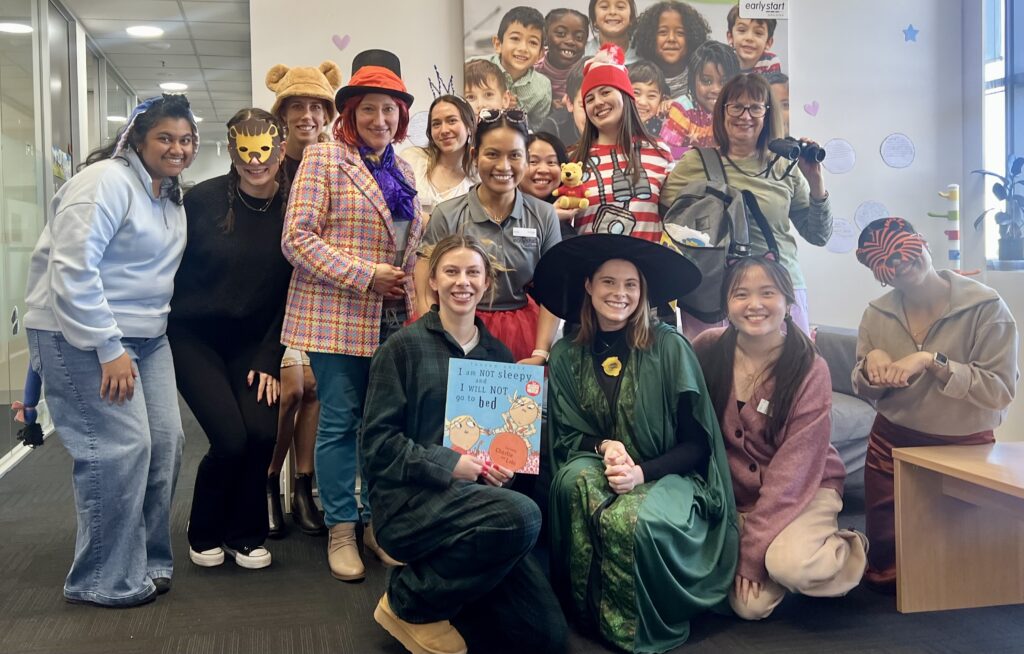Unlocking social and emotional growth: the Secret Agent Society (SAS) program
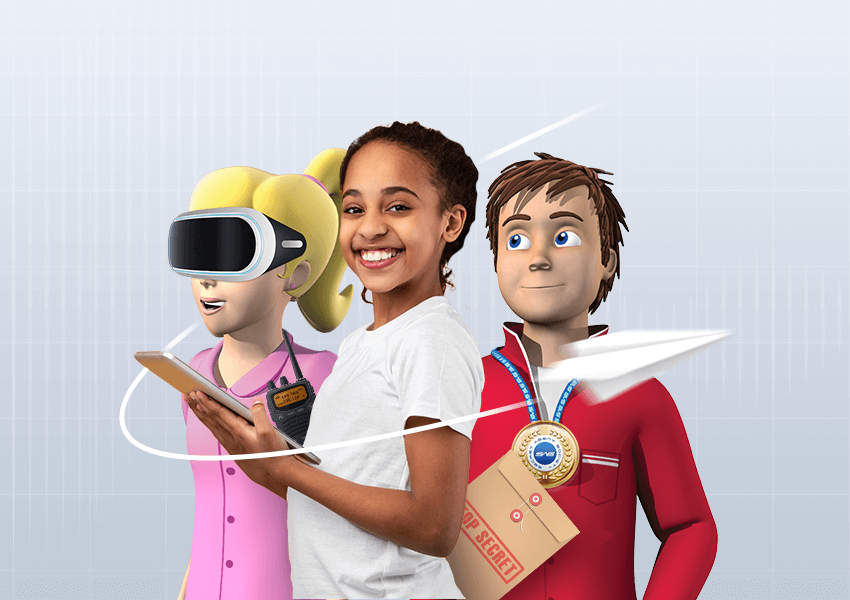
In today’s fast-paced world, children face an increasing range of social and emotional challenges.
From navigating friendships to managing anxiety, the ability to regulate emotions and interact confidently is crucial for their overall wellbeing.
One program that has revolutionised the way children learn these skills is the Secret Agent Society (SAS)—a pioneering, evidence-based multimedia intervention designed to enhance social and emotional resilience in young learners.
The Secret Agent Society program is built on the vision of all children being empowered to understand emotions and connect with others in a way that works for them — a world that celebrates neurological diversity and equips children with practical tools to support their social and emotional wellbeing.
What is the Secret Agent Society?
SAS equips children aged 8 to 12 years with practical strategies to understand and manage their emotions while fostering stronger social connections.
It is particularly effective for those facing:
- High-functioning autism spectrum disorder
- Anxiety disorders
- Attention deficit hyperactivity disorder (ADHD)
- Anger management difficulties
- General challenges in friendships, teamwork, conversations, or staying calm
Through engaging in secret agent themed activities and interactive resources, children are encouraged to think like secret agents, developing essential skills to navigate social situations with greater confidence.
Skills children develop
The SAS program focuses on equipping young participants with the ability to:
- Recognise and regulate their emotions
- Adapt to change with confidence
- Understand other people’s emotions
- Communicate and engage in social interactions
- Manage bullying and conflict effectively
How does the program work?
The nine or 18 week structured course integrates a variety of engaging tools, using a tablet or laptop and then participating in group based activities during which participants work together to solve social problems and learn strategies to support themselves in the social setting.
Families and teachers are invited to support the child’s learning journey, ensuring new skills are transferred across all environments—home, school, and beyond.
Parents and schools play a key role in the success of the program, receiving dedicated resources and support to help children apply and strengthen their newly acquired skills in everyday settings.
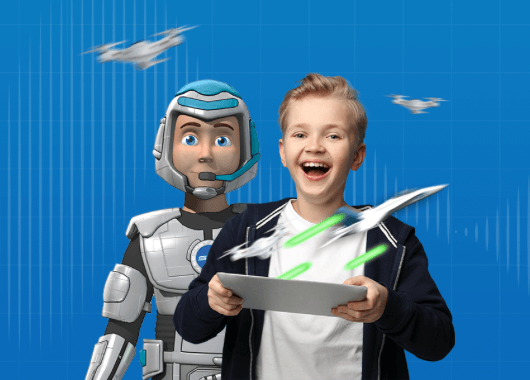
What Is the evidence on the effectiveness of the Secret Agent Society program?
The Secret Agent Society small group program has been shown to help children aged 8–14 years build important social and emotional skills in a fun, supportive way.
In one of the first studies, over 75% of children on the autism spectrum who had difficulties with social interactions made strong progress and reached levels similar to their typically developing peers.
Families and teachers noticed improvements not just in social skills, but also in how children managed big feelings—and these changes lasted for months after the program ended.
SAS has been used successfully in schools, clinics, and homes, with children from many different backgrounds and with a range of support needs—including those with ADHD, learning differences, and anxiety.
It has been helpful for children with different communication styles and thinking patterns, no matter their age, gender, or learning profile.
The program is now available in different formats, including one-on-one, group, and telehealth options, so that more families can access it in a way that works for them.
Research from around the world continues to show that SAS can help children feel more confident, connected, and in control of their emotions.
(Source: Evidence – Secret Agent Society)
With strong evidence backing its effectiveness, the Secret Agent Society program continues to empower young minds, providing them with the tools to thrive in both their personal and social lives.
Want to learn more?
If you’d like to explore how SAS or other group therapy programs could support children in your community, contact us today.



